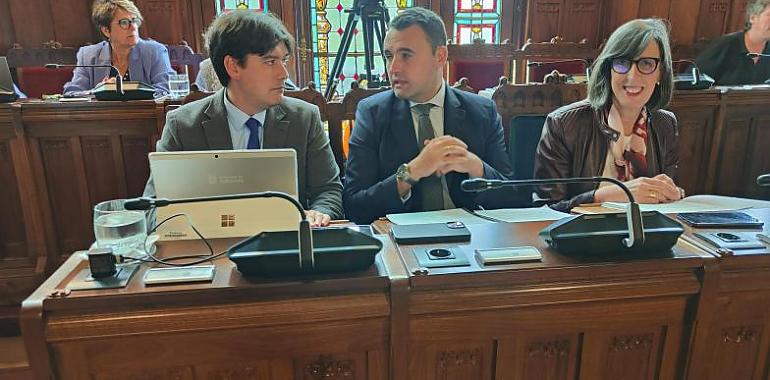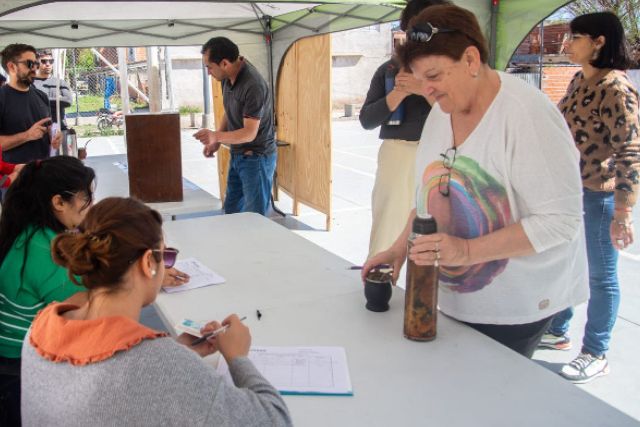The Principality of Asturias is preparing to take a big step into the future with the new Science, Technology and Innovation Law, which will protect funding for research, development and innovation and increase the validity of aid plans from five to seven years. Borja Sánchez, Minister of Science, Business, Training and Employment, asked for the unanimous support of the parliamentary groups to approve this legal text, which is fundamental to strengthening the Asturian economy based on knowledge and innovation.
The main goal of the new law is to increase investment in research and development until it reaches 1,075 million euros annually in 2030, which is equivalent to 3% of the regional GDP. This increase will be possible thanks to cooperation between public and private funds, making Asturias a benchmark in science and innovation at national and European level.
During his speech at the emirate's general meeting, Borja Sánchez stressed that this law not only seeks to promote scientific development, but will also strengthen relations between departments, companies and research centers. Institutions such as CSIC, ISPA-Finba and the University of Oviedo will play an essential role in fostering a strong and dynamic research ecosystem.
One of the most notable aspects of the law is the establishment of a senior research body, which will follow the CSIC model and will allow the emirate to have research staff within the department. In addition, three professional standards were considered: Research Professor, Researcher and Senior Scientist, with the aim of providing stability and growth opportunities for professionals in this sector.
The law also includes measures to facilitate the attraction of global talent, enhance retention programs and provide stability for researchers, a key factor for Asturias to become a magnet for new talent and ideas. The Chancellor stressed that only through highly qualified staff can the vision of a more innovative and competitive economy be achieved.
Other key pillars include promoting open science, which would make research results public, and creating controlled testing environments, known as sandboxes, to encourage business creativity. In addition, the law provides for strengthening cooperation between the public and private sectors, encouraging knowledge transfer and cooperation in research and development projects.
Sánchez concluded his speech by calling for consensus and highlighting that under this law, Asturias is in a privileged position to lead change towards an economy based on science and innovation, generating jobs, wealth and greater social cohesion. “Science is not only a tool of knowledge, but it is also an economic engine that can transform our region,” he said.





